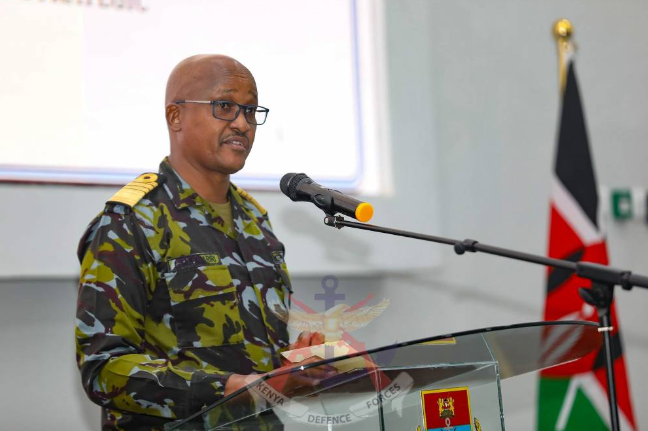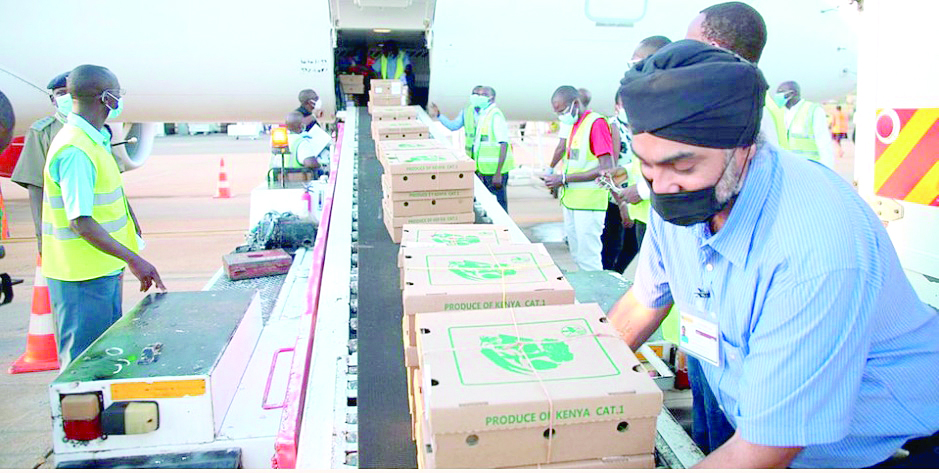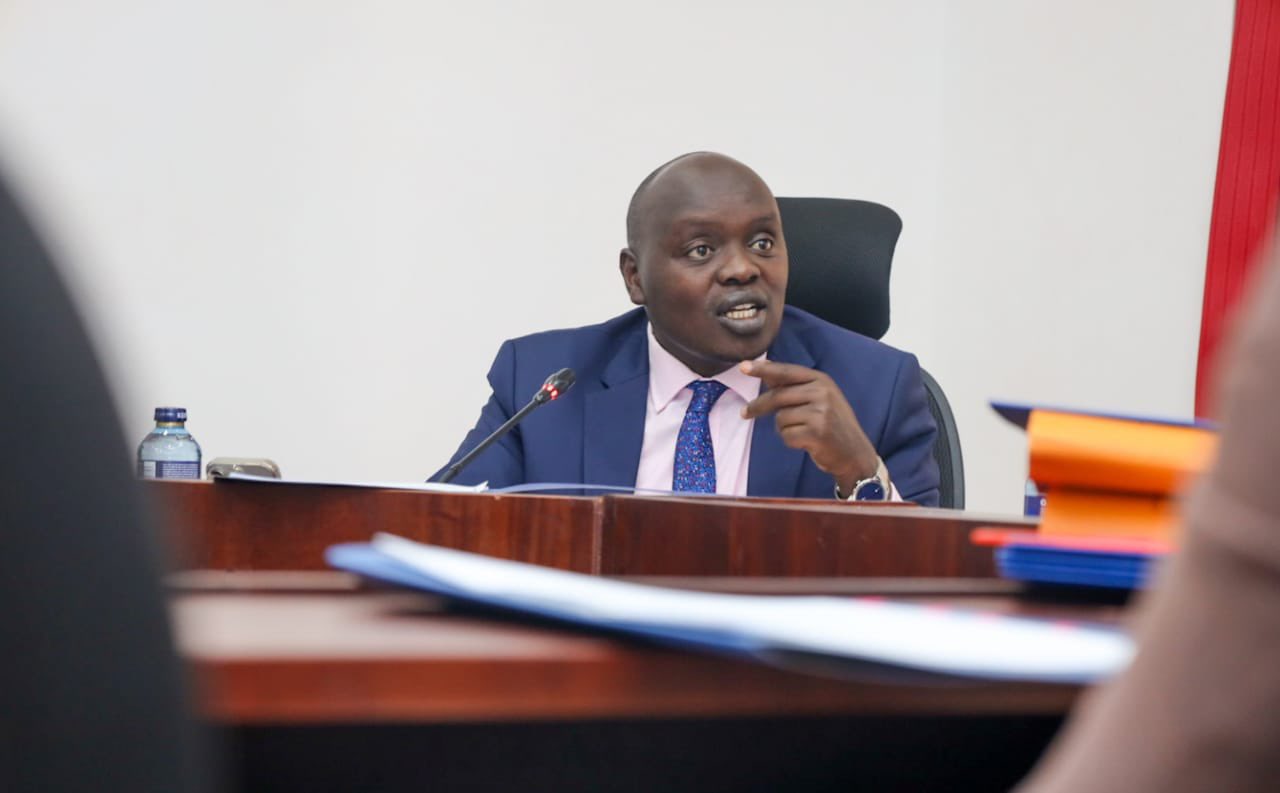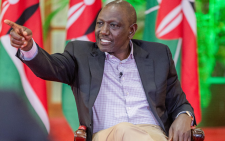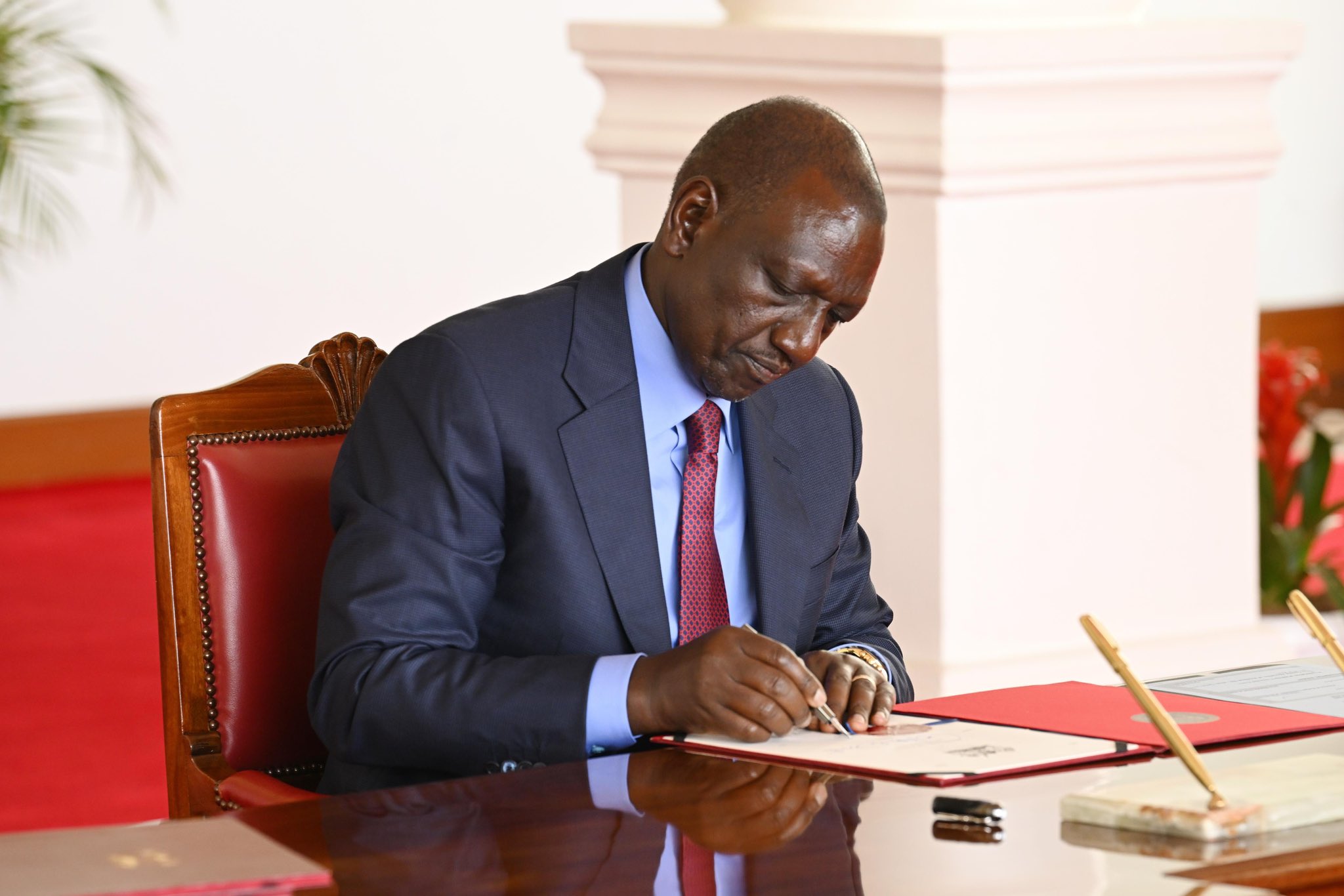Duale must focus on health funding, industrial relations
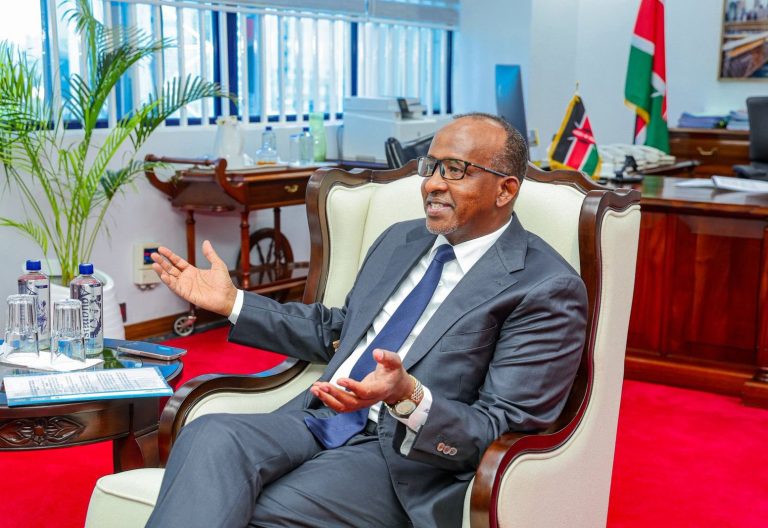
Newly appointed Health Cabinet Secretary Aden Duale takes office today as Kenya’s healthcare system is going through turbulence.
From chronic strikes by health workers and ailing infrastructure to an increasingly strained public health budget, the challenges ahead for Duale are many and varied. The urgent question now is: Will he rise to the occasion and succeed where many others before him failed, or will his tenure be just another chapter in the long-standing struggles of Afya House?
The health sector has long faced significant problems, including inconsistent leadership, corruption, poor management of resources, and a lack of sufficient infrastructure.
He takes the reins at Afya House at a time of growing disillusionment about the government’s capacity to tackle the mess in the health sector, particularly the malfunctioning public health insurance scheme overseen by the Social Health Authority (SHA) that has left many low-income Kenyans a frustrated lot.
To regain public trust, Duale must act swiftly and decisively. He must not only address the deep-rooted issues in the health sector but also restore faith in the ability of the government to manage the health sector effectively.
One of Duale’s first tasks should be to stabilise the relationship between the government and health workers, who have, for years, been at odds with the State over issues such as poor remuneration, delayed salaries, and unsafe working conditions.
Strikes, particularly by doctors and nurses, have been frequent, leaving patients in distress and undermining the entire system’s credibility.
The new CS needs to engage in meaningful dialogue with unions, ensuring that there are clear, actionable steps to improve the working conditions of health personnel.
This will not only improve the morale of healthcare workers but also enhance services.
Secondly, Duale needs to use his longstanding friendship with President William Ruto to address the perennial issue of insufficient healthcare funding. While the government has made strides in allocating more resources to the health sector, the funds remain inadequate given the demands on the system.
Many public health facilities are in dire need of refurbishment, with outdated equipment, poor sanitation, out of drugs and insufficient staff.
The government’s promise of universal healthcare can only be fulfilled when hospitals and clinics are adequately equipped to handle the increasing number of patients.




